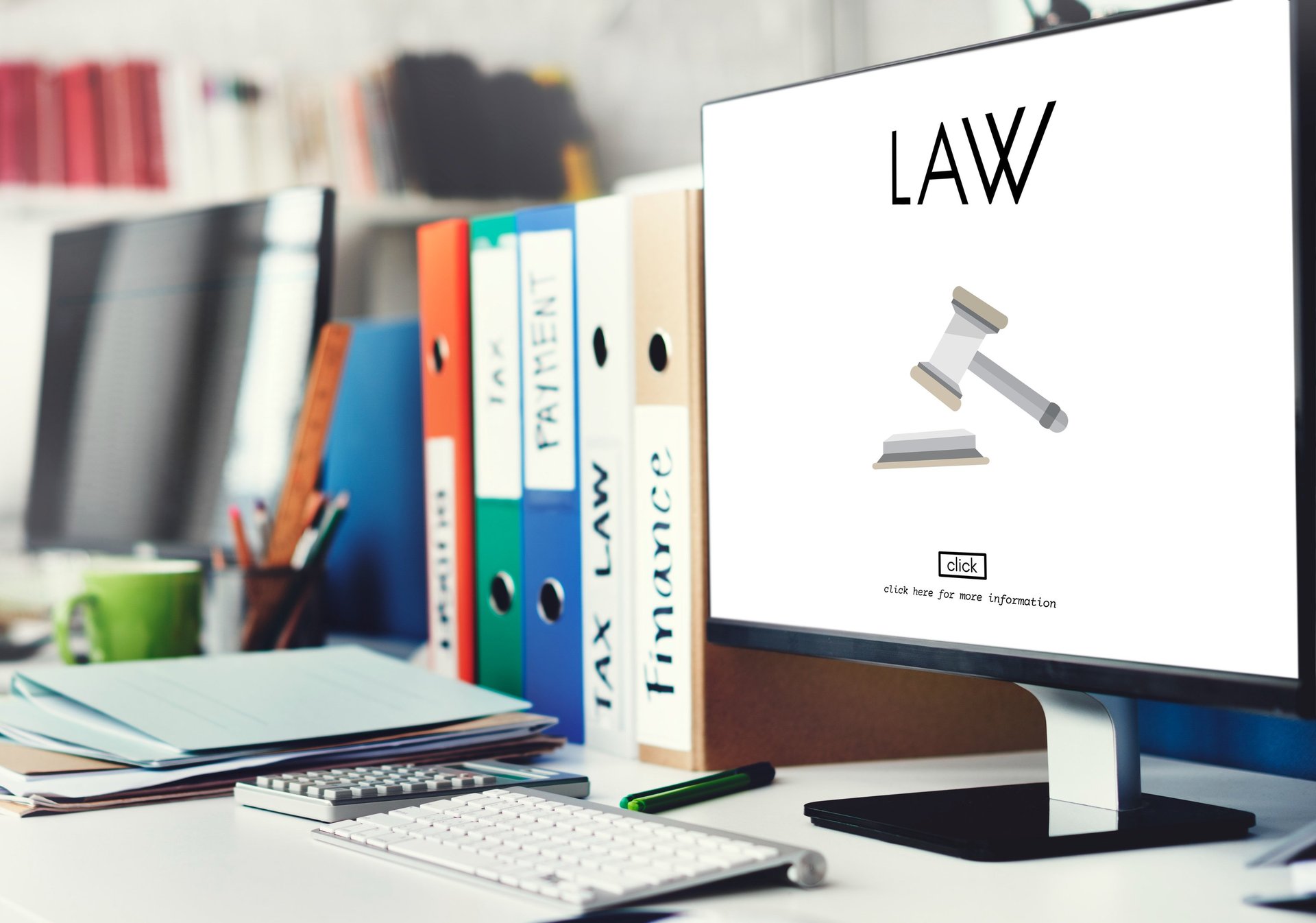
NEWS AND EVENTS
New York's Rising Legal Fees Strain Consumers and Small Businesses


New York, NY – The rising cost of legal services in New York is putting a significant strain on consumers and small businesses, making it increasingly difficult for many to afford legal representation. As attorney fees climb, access to justice becomes a growing concern, particularly for low- and middle-income individuals and small business owners who rely on legal services to navigate contracts, disputes, and regulatory compliance.
The Growing Cost of Legal Services
According to a recent study, hourly rates for attorneys in New York have surged over the past five years, with some top-tier law firms charging over $1,000 per hour. Even mid-level legal practitioners are increasing their fees due to rising operational costs, inflation, and higher demand for specialized legal expertise.
"The cost of hiring an attorney has become prohibitively expensive for many individuals and businesses," said Dr. Jonathan Carmichael, Director of the Pendleton Research Center for Law and Justice. "This pricing trend threatens equal access to legal representation and raises concerns about justice being available only to those who can afford it."
Small Businesses Hit the Hardest
Small business owners, particularly startups and independent entrepreneurs, are among the hardest hit by rising legal fees. Many require assistance with contracts, intellectual property protections, employment law, and compliance issues. However, the steep cost of legal representation often forces them to forgo professional guidance, leaving them vulnerable to legal risks.
"The cost of a simple business contract review has nearly doubled in the last decade," said Maria Alvarez, owner of a small marketing firm in Brooklyn. "We want to do things the right way, but it’s hard to justify spending thousands of dollars on legal fees when we’re already managing tight budgets."
Consumers Face Barriers to Justice
For consumers, increased legal fees make it more difficult to seek legal action in cases of landlord disputes, employment issues, or civil rights violations. Many turn to free legal aid organizations, but these resources are often overwhelmed with demand and unable to provide timely assistance.
Legal experts argue that the high costs discourage people from pursuing valid claims. "There’s a growing justice gap," said Carmichael. "When people can’t afford an attorney, they are often left navigating the legal system alone, which can lead to unfavorable outcomes."
Potential Solutions and Reforms
To address these concerns, some policymakers and legal organizations are advocating for reforms, including:
Expanding pro bono services: Encouraging more law firms to offer free or reduced-cost services to those in need.
Alternative legal services: Supporting legal technology startups that provide affordable contract templates, dispute resolution tools, and AI-driven legal guidance.
Regulatory reforms: Exploring fee caps or standardized pricing for certain legal services to prevent excessive cost inflation.
Greater access to legal aid funding: Allocating more resources to public legal aid programs to help underserved communities.
Several states have already implemented measures to curb excessive legal fees, and some experts believe New York may need to follow suit to ensure fair access to legal services.
Looking Ahead
As legal fees continue to rise, individuals and small businesses must navigate an increasingly challenging legal landscape. Advocacy groups and policymakers are pushing for solutions, but until significant changes are implemented, many will remain priced out of essential legal services.
"The legal system should serve everyone, not just those who can afford it," said Carmichael. "Ensuring fair access to justice is not just a financial issue; it’s a fundamental right."
For now, consumers and small businesses are left seeking cost-effective legal alternatives while hoping for long-term reforms that make legal assistance more accessible and affordable.





